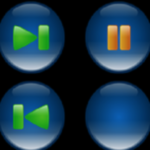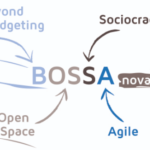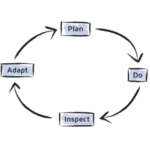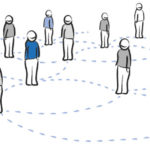Articles About Dynamic Community Governance
Featured Articles
A Brief History of Dynamic Community Governance
Dynamic Community Governance has a fascinating back story. It was first called sociocracy by August Comte, a mid nineteenth century French philosopher. The meaning of…
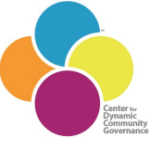
Creating The Conditions For Reflective Team Practices
First article, co-written by Dr. Renee Owen and John Buck and published in a recent issue of the Journal of Reflective Practice, demonstrates how Dynamic…
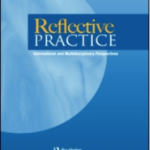
Software That Helps You Run Meetings
Want support in running meetings. Agendas with built in timers, decision logs, documents at your fingertips, asynchronous meetings? Learn about Weaver.

United Nations Social & Economic Council Statement: Massive Experiment in State of Kerala, India
A massive experiment in the State of Kerala, India, points the way to a new political order in terms of global governance from below, to…

CDCG: Making Hybrid Meetings Work
Center for Dynamic Community Governance Proposal: Making Hybrid Meetings Work for the Blind, Low-Vision and Sighted

Dynamic Community Governance Summary Sheet
This learning aid gives step-by-step pointers for Dynamic Community Governance facilitators and participants. Use it for meetings, elections, and project coordination. Take a copy to…

Terminology: Why All the Names?
Dynamic Community Governance (DCG) is an attempt to translate the Dutch term “Sociocratie.’ It describes a specific governance process that encourages communities, organizations, and businesses,…

Glossary of Terms
Transparent communication – In Dynamic Community Governance all viewpoints are valued. Different perspectives, which are often viewed as sources of conflict in other organizations, are…

Sociocracy (A Permaculture Approach to Community Evolution)
Lost Valley Community, an ecovillage in Oregon, converted to Dynamic Community Governance, which they viewed as a form of social permaculture. It has helped the…
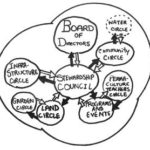
Other Articles
Consent-based Governance is a Great Choice for Collaborative Networks
Equity and Consent in Collaborative Networks n every area of public concern, we are seeing organizations from all sectors of society — non-profit, business, government…

From Competition and Collusion to Consent-Based Collaboration: A Case Study of Local Democracy. International Journal of Public Administration
This article describes how a town in the Netherlands has been using Dynamic Community Governance (aka sociocracy).
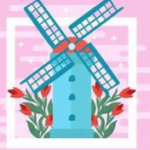
Cohousing: Better Governance
Sociocracy addresses the challenge of governing intentional communities, including cohousing communities. Governance challenges are a factor limiting the growth and popular adoption of such communities….

Dynamic Governance (Sociocracy) is Scrum’s Big Brother
At the 2012 Agile Conference in Dallas, Texas, Dan LeFebvre and John Buck presented “Meet Scrum’s Big Brother, Dynamic Governance. Effectively Delivering Large Programs. This article summarizes their presentation.
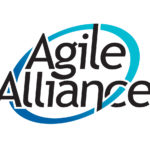
Steiner Students Make Better Decisions
On August 3, 2012, in Portland , Oregon, Cary Hughes, and John Buck described how the student council at High Mowing School in Wilton, NH became much more active and energized when they were introduced to the sociocratic circle organization method. The presentation was at the AERO conference. AERO promotes democratic education. Following is a summary of their presentation.

What Are the Basic Patterns of Sociocracy?
Sociocracy means “rule by people who know each other.” The three basic patterns or principles are elegant in their simplicity. Following is a summary of the basic principles.

Transparency? No Fooling.
Sociocratic transparency means everyone gets a piece of the leadership. Some people hearing that idea think, “Uh hum, there’s got to be a trick to…

Articles About BOSSA Nova
Yes, Cross-functional Teams, but Real Ones!
Selected by the Agile Alliance to be published in 2019 Best Agile Articles! By Jutta Eckstein and John Buck| March 15th, 2019 If you start with…
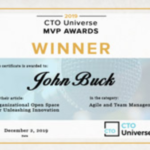
Start Now to Shift Rapidly to Intentional Stillness!
Why is intentional stillness critical when you’re trying to adapt rapidly? Readers can read the article beyond the abstract via Guest Access.
